In my last article I explored that “meaning is not determined by a situation, but by the meaning we attribute to the situation.” I then began to consider some new insights about how this can manifest in the process of uprooting from one’s known surroundings and moving halfway around the world.
Why we move to a foreign land is usually explored from angles that include the practical, financial, political, and emotional. Core meaning-making, however, is not as frequently discussed in relation to this subject — when it is in fact at the base of our human existence. In this article, I highlight how we interpret events according to a deeper system, a subconscious logic that makes very unique meaning out of life experiences, including a move to a foreign land.
Why do people from North America, for instance, make the enormous decision of moving to Ecuador? In his recently published book, “Relocating to Ecuador – Eyes Wide Open: Quick Reading Bulleted Do’s and Don’ts That the Author Wishes Had Been Available to Clarify Things before His Own Move to Cuenca”, fellow extranjero Terry Dean Roberts classifies U.S. and Canadian immigrants to Ecuador by their motives as follows:
[columns size=”1/2″ last=”false”]Have-to-moves
Want-to-moves
Vagabonds
Escapees
[/columns]Looking for new adventures types
Cultural/Political escapees
The internet-freed entrepreneurs
Clueless
Without going into Terry Robert´s definitions – which are very valid and his whole book worth checking out – I will nonetheless use his keywords to illustrate how any conscious reason for moving to a new land can also:
Hide unconscious reasons
Be turned into a positive version of itself
Most people make life-changing decisions with only partial understanding, at best, that we are all (unconsciously) trying to fulfill our deepest personal, ancestral, religious or cultural “missions.” Whether we know it or not, this makes us decide where our energy (physical, mental, psychological, emotional, etc.) is worth investing and why.
In Cuenca, several people in my circle (myself included) share the feeling of spiritual calling as one of our main motivations for being here. What this means for each of us can certainly vary greatly, but we do have this in common. At the same time, all except the strictly have-to-moves (as a teenager I was half-dragged from Argentina to Canada by my parents, so I understand the feeling of “have to” as well) share the sense of agency that comes from making a choice… or at least thinking that one is making a completely conscious choice.
But how much do we actually know about our really deep motives? One of my young American clients came to Ecuador looking for a short adventure… and ended up marrying a Cuencan. She is now here to stay. As I supported her during some inner explorations (bridging cultural gaps among many other things) she came to see herself as a cultural escapee much more than she ever thought of herself before. The realization came about because, as she adapted to Latin American culture, her level of appreciation for a less consumer-oriented lifestyle, slower pace, and especially for close family ties, had grown beyond her initial expectations. Eventually she became aware of the depth of loneliness and disconnection she had felt growing up and realized that her decision to marry in Ecuador had been almost as much about getting an instant family (brothers, sisters, adopted parents – i.e., in-laws – that were warm and caring) as it had been about her new husband. All in all, she was happy, albeit a little surprised by her insights on the inner logic that made her “fall in love” with a whole family! Knowing this allowed her to enjoy her life more consciously, giving her emotional perspective in each of her relationships. Let’s see another example: my own. As a real cross between the want-to-move, looking for new adventures, and cultural/political escapees types, I thought I knew all the reasons for leaving behind 30 years of Canada for a life in Ecuador. That is, until the humbling aha moment. One day, after a fruitful “session” in self-observation, I realized there was a motive I had never seen before.
Indeed, being the fourth generation of first-generation immigrants from all over the planet, I had been carrying some unresolved feelings related to leaving whole worlds behind (people, places, land, culture). In the meaning-making core of my psyche, those worlds still needed us (i.e., myself and my immigrant ancestors), and I was the one to respond. In other words, beneath all the good reasons for moving back to Latin America was an even deeper subconscious mission to make-up for, restore, correct, and heal multigenerational losses. Some were my own losses, others were inherited and went back eons. By coming back to my roots, my subconscious felt I could make it all right for the whole ancestral line. Integrating this truth has provided unexpected freedom. By understanding what compels me I can be even more present for myself, my loved ones and my clients, participating (or not) in my life with increased power of choice.
The above examples show how the subconscious mind works: through meaning and symbols. This is how events become symbols, symbols have magical power, and magic transforms our lives, for better or for worse. In fact, our beliefs (often represented by a symbol – such as a big relocation), can make us whole or break us down. It depends on the blessings or the curses encoded in the fibers of significance.
[color-box color=”gray”]
When it comes to understanding who we are, our true reasons for coming to this land are very important for us to know. If you were born far away, here are a few questions to help you dig a bit deeper into the depths of your soul:
What do you tell yourself are your reasons for moving/having moved to Ecuador?
What might be your underlying or subconscious reasons for moving to Ecuador?
What do your attitudes and behaviors say about how you see yourself, your life, and your adopted country? Notice your inner dialogue, usual comments and conclusions.
Do you appreciate your new country or do you resent it?
Is Ecuador a place of refuge for you? Why? How?
Is there a need to reframe your vision of yourself in this new life you have chosen?
How can your known reasons become more positive, life-giving versions of themselves?
What restorative actions (in word, thought or deed) do you need to do for yourself or others, present or away, to tie-up emotional loose ends?[/color-box]
As Grandmaster Tae Yun Kin puts it, ¨Self-discovery is learning to live free.¨ The moment we figure out the deeper significance we have given to a thought, a word, or an event (possibly decades ago), poof! One more trickster genie in our subconscious relaxes, or disappears completely. Life begins and ends with our deepest, most individual meaning-making. The more aware we are of what we believe deep inside, the more we can choose our path in life, towards fulfilling goals. And whether making choices in relationships or choices in countries to live, this applies beyond anything most people have ever been taught or considered before. The good news is that, in the words of Gail Sheehy, ¨the delights of self-discovery are always available.¨ I say, a more conscious journey of authentic self-determination is surely worth the effort.







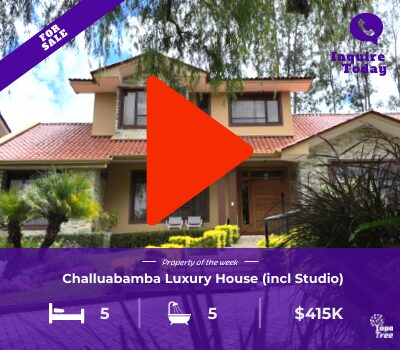



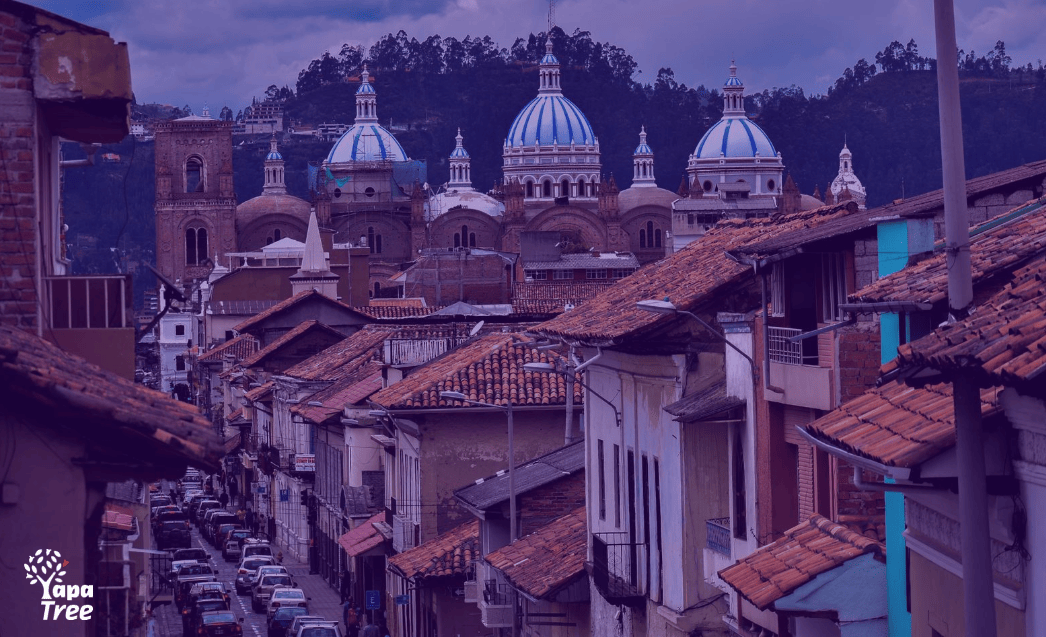
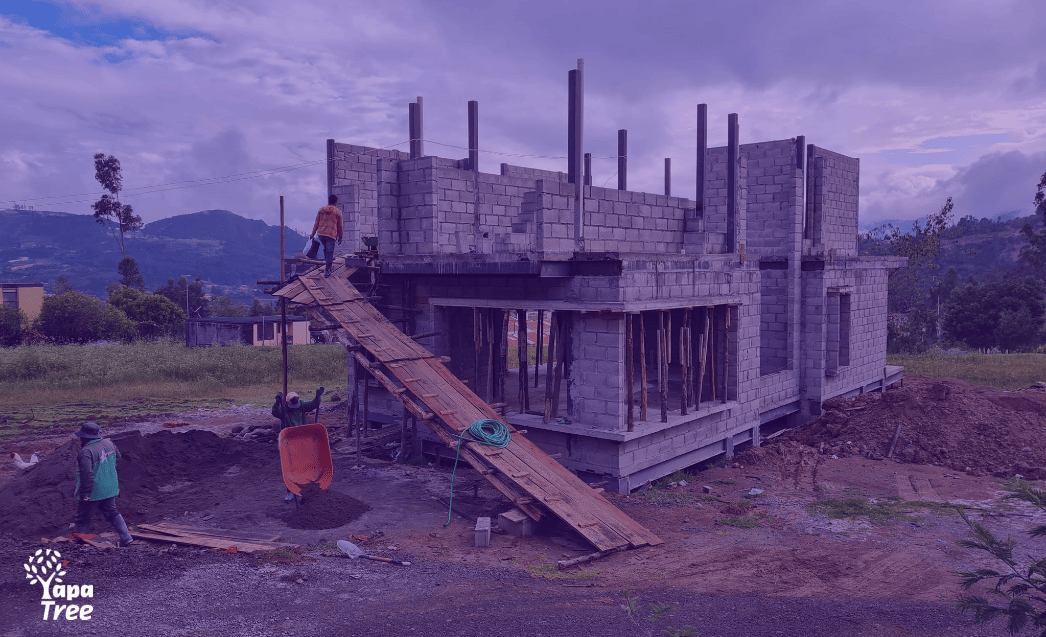
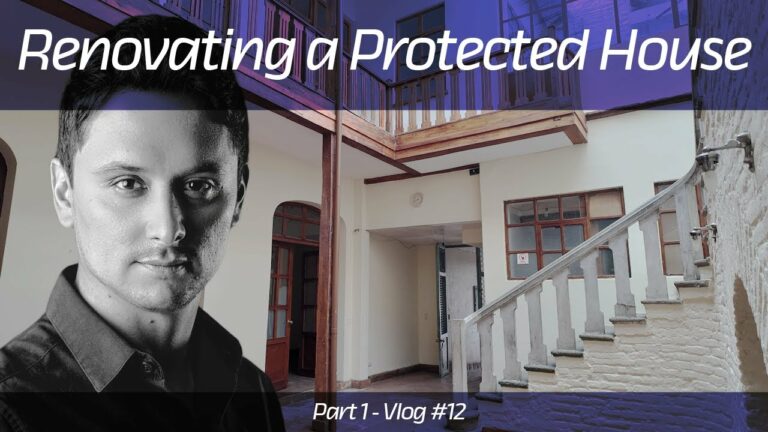
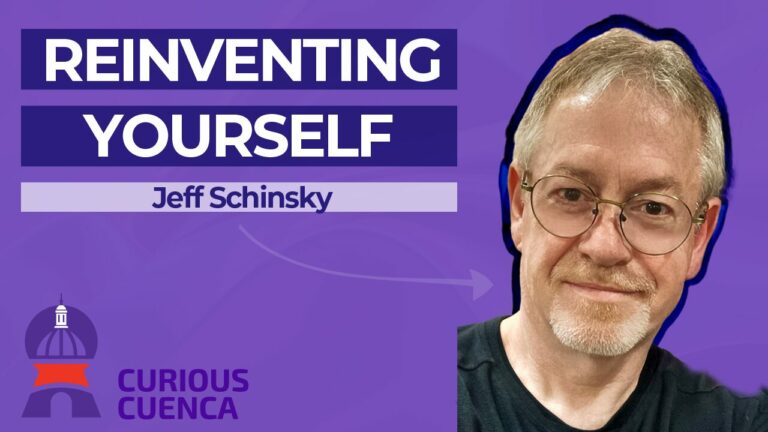
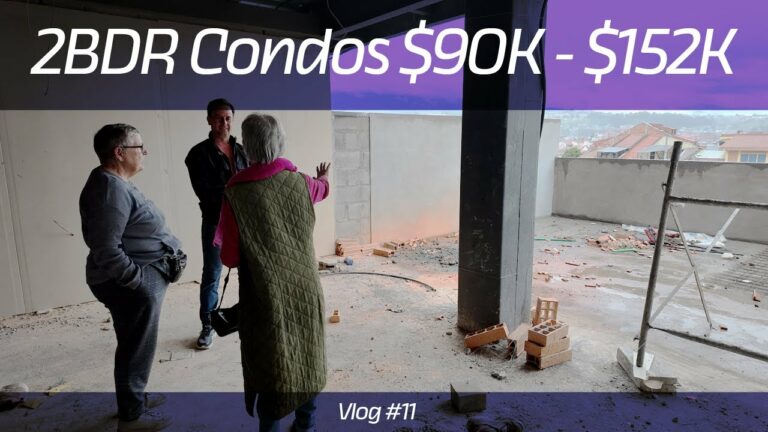
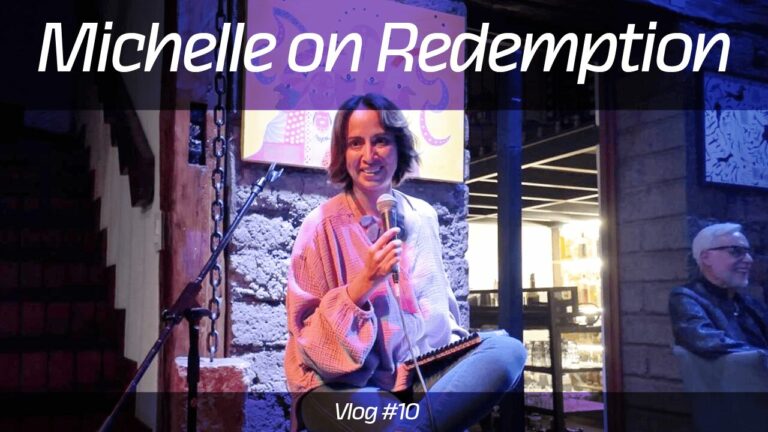
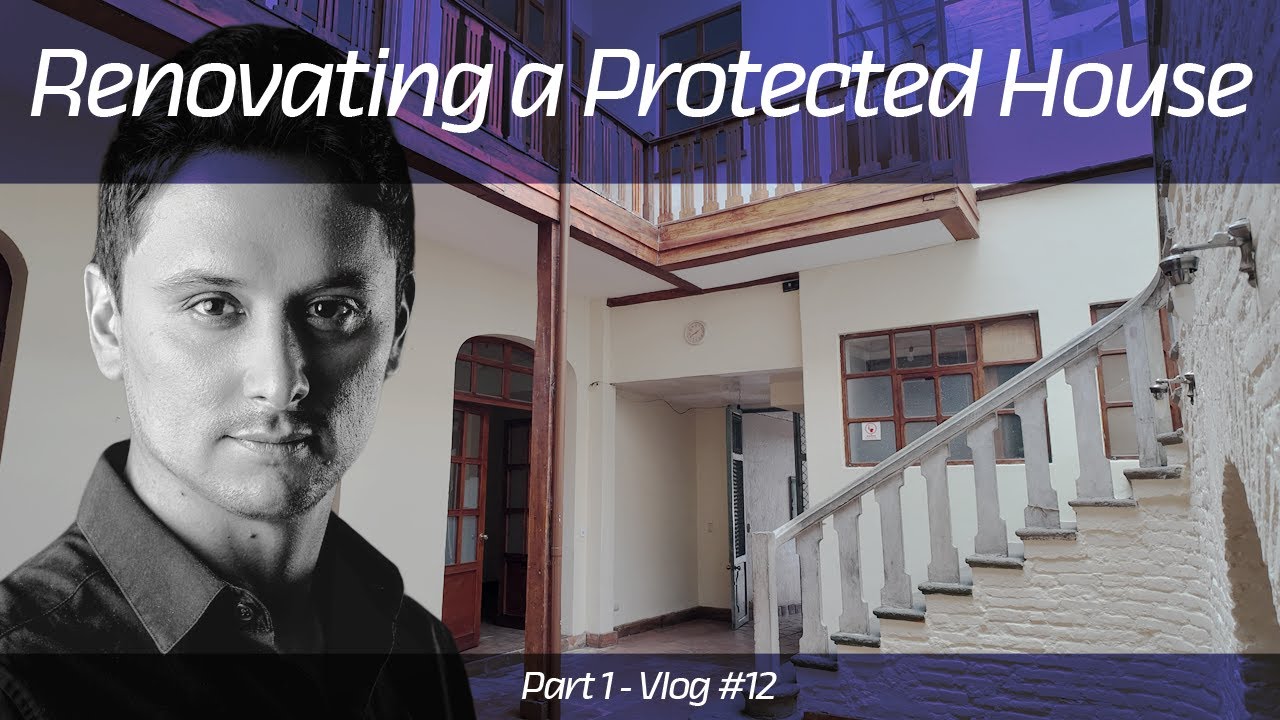
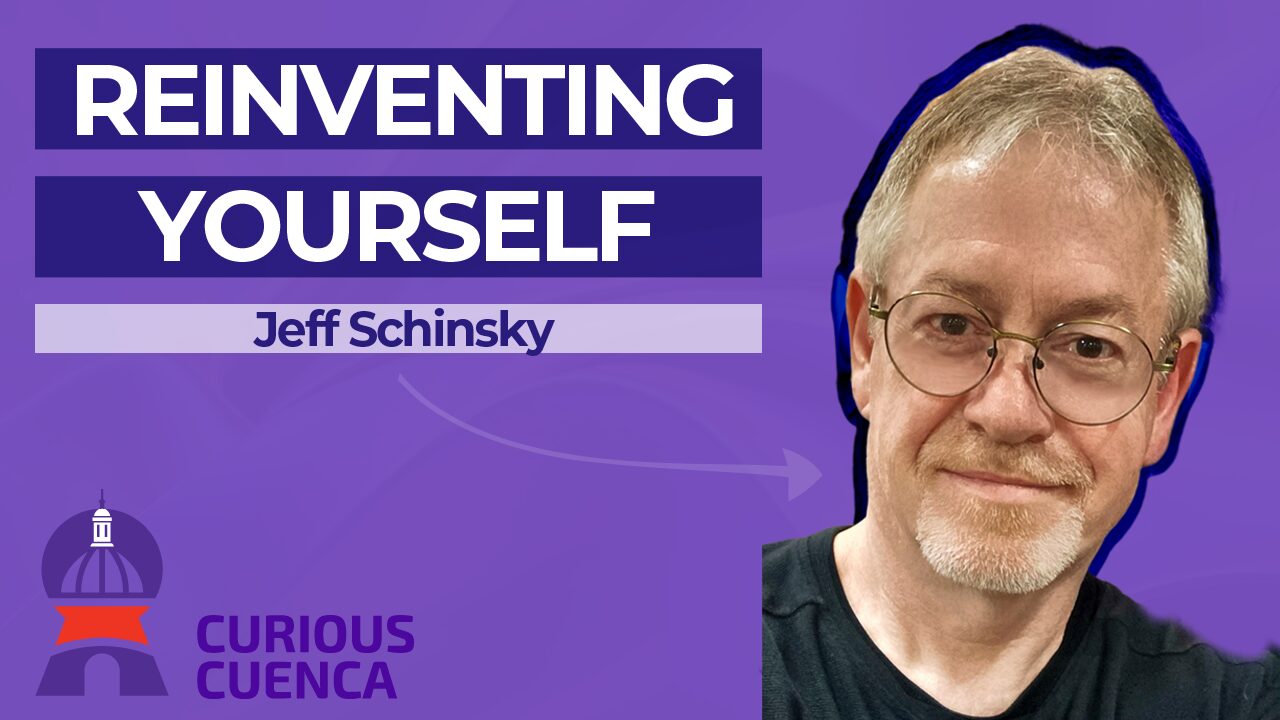
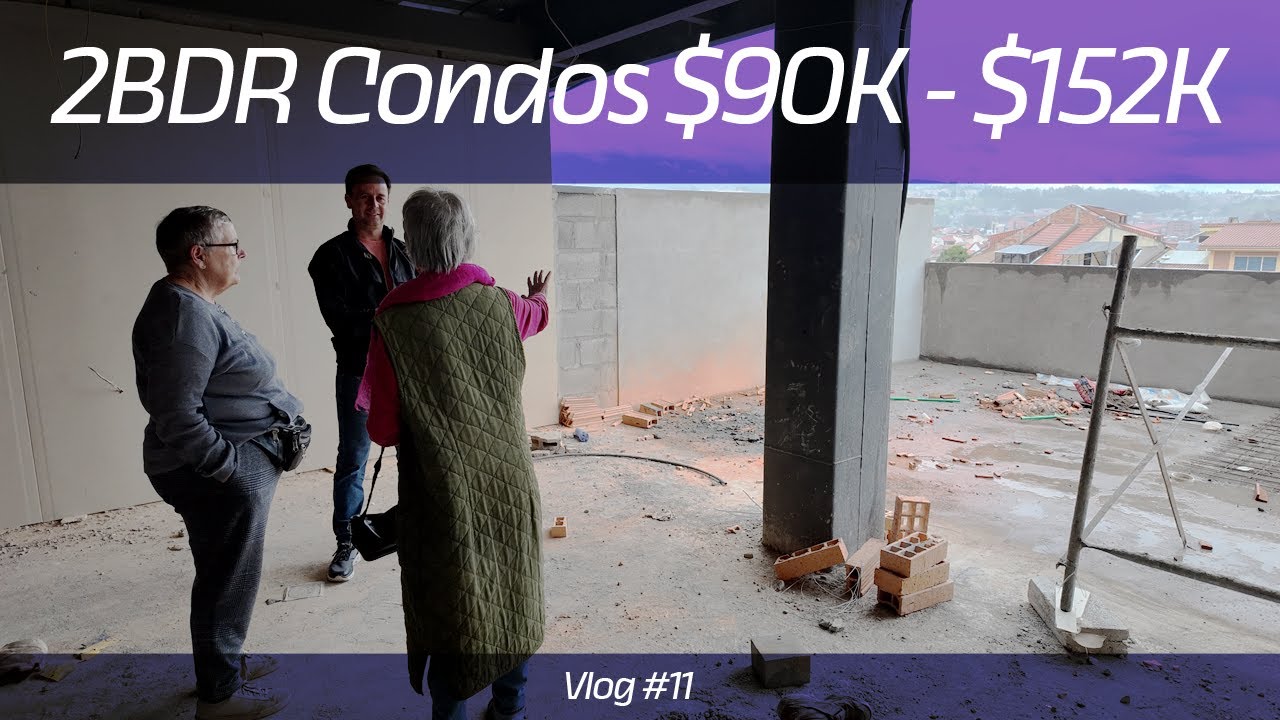
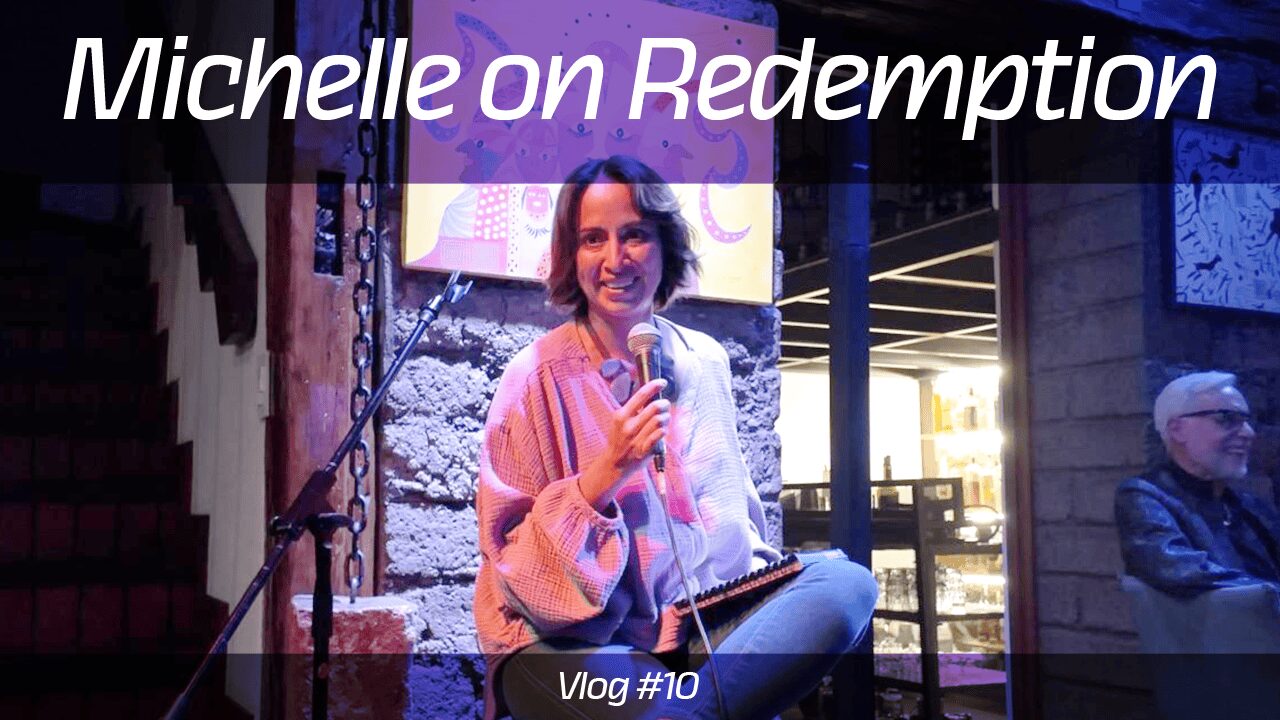
6 Responses
Yes Silvano, I first came, to provide my ill husband with an opportunity, for a better quality of life during his last days on earth. I did…we did, and now I see the opportunity to try and figure out what this “magic” is that I find in Ecuador! It’s a complicated mix of spiritual, sense of freedom and quality of life….without the need for “upscale” or “top drawer” costs…..of REAL quality!!
Excellent article Silvana! Thank you.
Your article is interestingly similar to another very recent article in ‘the other online Cuenca expat’ website, wherein a person from USA returned there from Ecuador, and wrote about her feelings. That article generated a lot of comments, pro and con. Compared to your article, and your desire and ability to go much deeper with the subconscious questions, one can see how the majority of comments about the other article were quite superficial, with only a few hinting at the real, deeper motives behind people’s comments. Your willingness to push deeper than the superficial will indeed be far more liberating… but most are scared to do it.
Many of us may have a main reason for living here in Ecuador. Although I would guess that some have secondary reasons as well. I look at life like riding a wave, following one’s destiny, whatever you want to call it. By keeping the faith, you stay on that board. Going too fast or becoming afraid and you might fall off. Too much hesitation, and you might miss the wave. It’s not the end of the world. It just takes some effort to find another wave. Over 30 years ago the wave brought me to Ecuador as a Peace Corps volunteer. First I was slated for Nepal. Then they decided that I would serve in the Dominican Republic. At the last minute they changed my assignment to Ecuador. The house that I found to live in while serving here in Ecuador was right next door to the girl who I would marry three years later. We’ve had a great life in the USA, coming to visit our family in Ecuador almost every other year. Now as we begin the retirement phase of life we both want to spend more time here in Ecuador than just the 90 days/year that one is allowed without a visa. Why? Probably for the many reasons that others choose to live here. But, keeping on top of the wave is our main reason.
I liked your article Silvava. Undertsanding deeper meanings of actions and behaviors is always worth the time for the new awareness that can be discovered. In my self reflection time before I moved here, I felt it was important to know if I was running from something or moving toward something else. The implications of not understanding that answer before moving can be significant. Thanks for sharing your thoughts and perspective on meanings.
Sorry, have to call ’em as I see ’em, total, nonsensical rambling, didn’t understand it at all… guess I’m just not that smart? but I would like to try a little of whatever the author was smoking…
Your Comment I came 4 yrs ago I had to no choice I was very sick no insurance and lots of health issues
plus low cost of living. they had benefits which were nice not so many gringos then. But we came because we had to so we adjusted like the Ecuadorians adjust to us little at a time. We are growing on one another such love. Their concrete Tram will help transportation and loose some of their charm all steps forward seem to do that its sad we lost all our 50 or more very old trees on our street that warmed our little houses chopped them all down it was sad. Next generation will know Trams but not trees great. They were so big and old and all in bloom and of course were not saved they looked 50 yrs old or older to them worth nothing to a contractor but as they torn them out I thought of America and what Ca woud be doing right now over these trees ha and I understand America more. They fight for every tree.